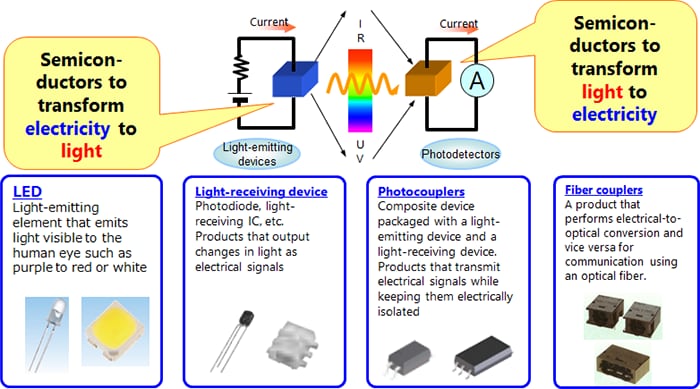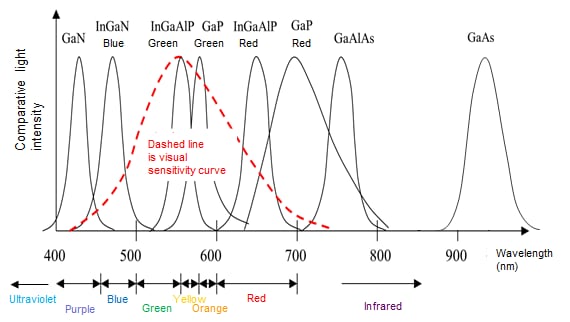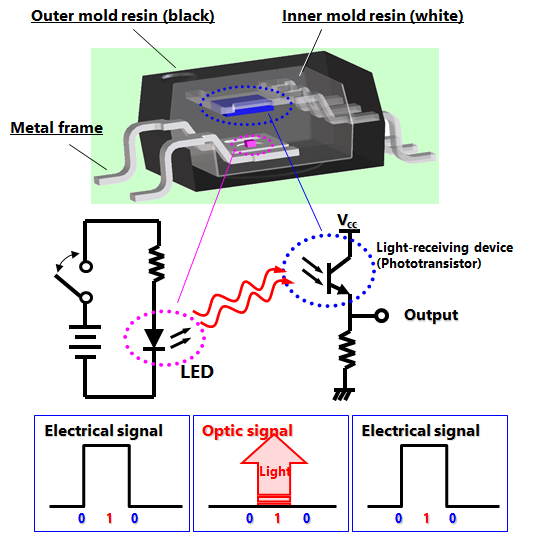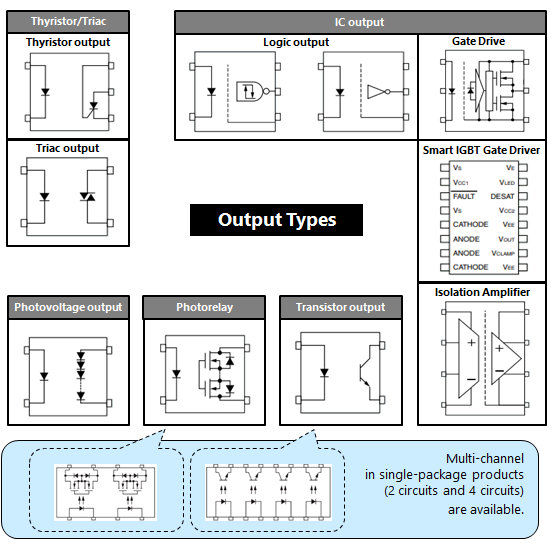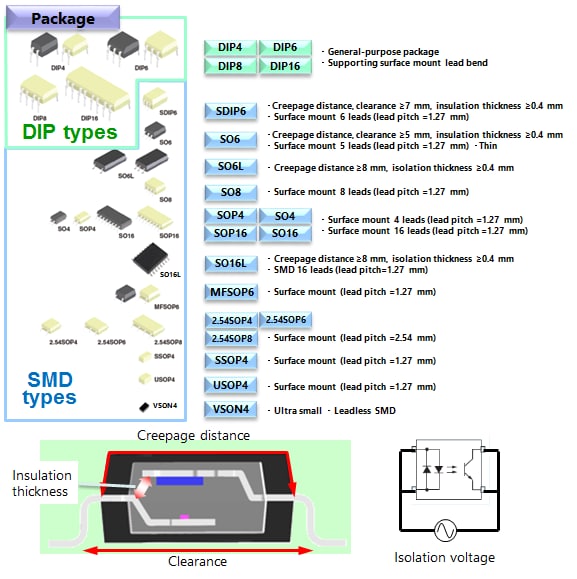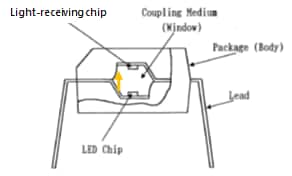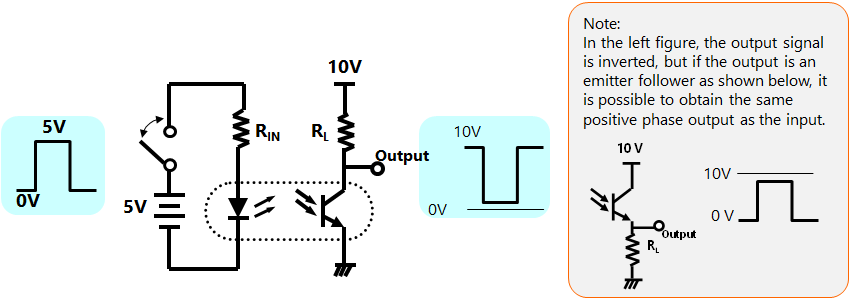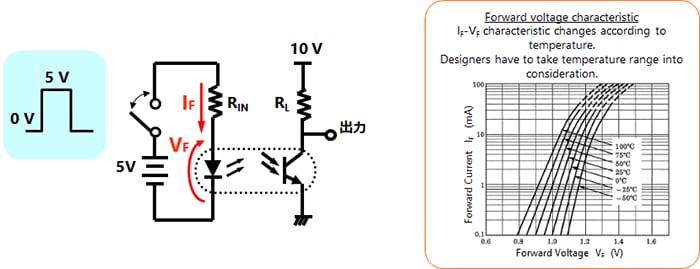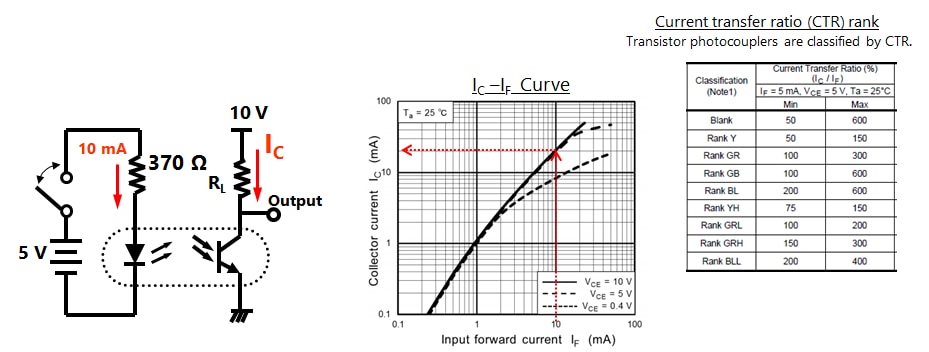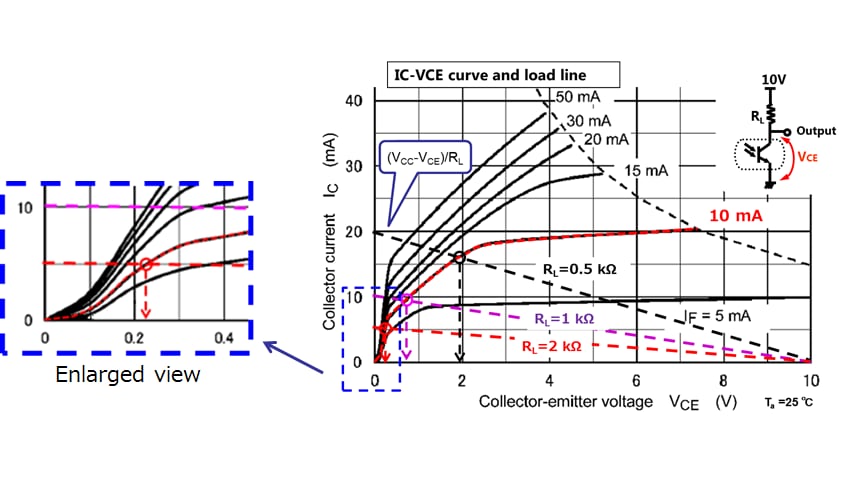- General Top
- SEMICONDUCTOR
- STORAGE
- COMPANY
-
My ToshibaSemicon
- Semiconductor Top
-
ApplicationsAutomotive
Body Electronics
xEV
In-Vehicle Infotainment
Advanced Driver-Assistance Systems (ADAS)
Chassis
IndustrialInfrastructure
BEMS/HEMS
Factory Automation
Commercial Equipment
Consumer/PersonalIoT Equipment
Healthcare
Wearable Device
Mobile
Computer Peripherals
-
ProductsAutomotive Devices
Discrete Semiconductor
Diodes
Transistors
Logic ICs
Analog Devices
Digital Devices
Wireless Devices
※
: Products list (parametric search)
Power SemiconductorsSiC Power Devices
※
: Products list (parametric search)
Isolators/Solid State RelaysPhotocouplers
Digital Isolators
Solid State Relays
Fiber Optic Transmitting Modules
※
: Products list (parametric search)
MOSFETsIGBTs/IEGTsBipolar Transistors※
: Products list (parametric search)
Diodes※
: Products list (parametric search)
MicrocontrollersMotor Driver ICsIntelligent Power ICs※
: Products list (parametric search)
Power Management ICsLinear ICs※
: Products list (parametric search)
General Purpose Logic ICsLinear Image SensorsOther Product ICsOther Product ICs
※
: Products list (parametric search)
-
Design & Development
-
Knowledge
- Where To Buy
- Part Number & Keyword Search
- Cross Reference Search
- Parametric Search
- Stock Check & Purchase
This webpage doesn't work with Internet Explorer. Please use the latest version of Google Chrome, Microsoft Edge, Mozilla Firefox or Safari.
require 3 characters or more. Search for multiple part numbers fromhere.
The information presented in this cross reference is based on TOSHIBA's selection criteria and should be treated as a suggestion only. Please carefully review the latest versions of all relevant information on the TOSHIBA products, including without limitation data sheets and validate all operating parameters of the TOSHIBA products to ensure that the suggested TOSHIBA products are truly compatible with your design and application.Please note that this cross reference is based on TOSHIBA's estimate of compatibility with other manufacturers' products, based on other manufacturers' published data, at the time the data was collected.TOSHIBA is not responsible for any incorrect or incomplete information. Information is subject to change at any time without notice.
require 3 characters or more.
5-9. Safety Standards of Photocouplers
Download "Chapter V : Optical Semiconductors" (PDF:1.8MB)
When mounted in electrical equipment as a means of isolation to protect the human body from electric shock, photocouplers may be subject to various regulations in terms of safety standards.
Various regulations and standards for ensuring safety exist.
From the perspectives of design and manufacturing, safety standards can be categorized into "Equipment standards" and "Component standards".
“Equipment standards” are the basis for designing and manufacturing equipment. Equipment standards differ according to equipment type, isolation method and its class, driving voltage, etc.
”Component standards” specify measurement methods or specifications of the isolation voltage etc. for photocouplers.

Major safety standards
Component standards
UL 1577
→ Safety standard for optical isolators
isolation voltage-withstand test (1 min), etc.
Certification body: UL (USA)
EN IEC 60747-5-5
→ Standard for Optoelectronic devices – Photocouplers
maximum operating isolation voltage, maximum transient
isolation voltage, partial discharge test, etc.
Certification body : VDE (Germany), TUV (Germany)
Equipment standards
EN IEC 62368-1
→ Standard for Audio/Video, Information and Communication
Technology Equipment
Certification body: VDE (Germany), SEMKO (Sweden), etc.)
Chapter V : Optical Semiconductors (Isolators/Solid State Relays)
Related information
- Products
- Application Notes
- FAQ


